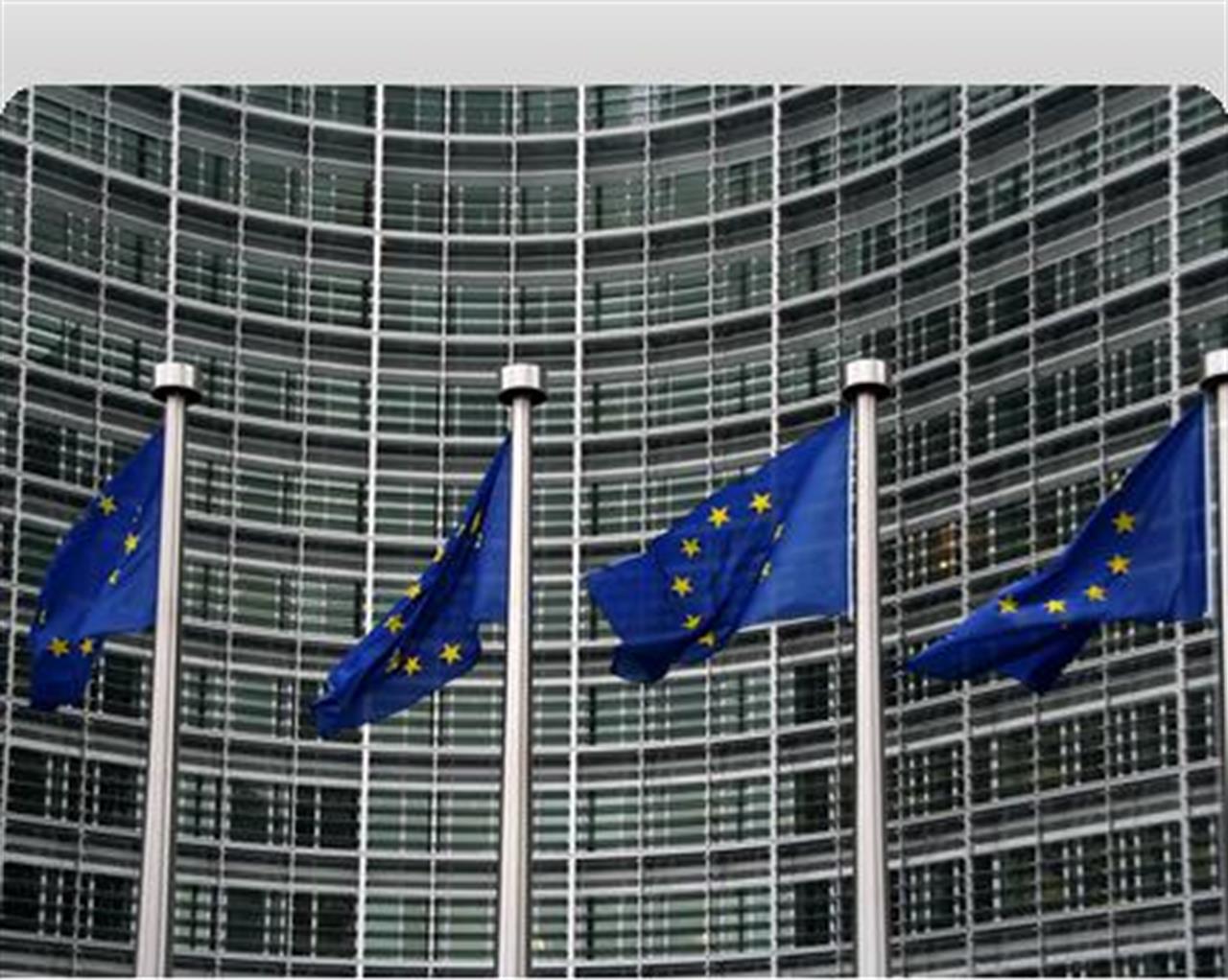Mondo
Zero Poverty is possible
Ahead of the June 17 European Council, Caritas Europa calls on politicians to build a strong social dimension
di Staff

By Annalisa Mazzella, Caritas Europa
The European Council of next 17 June is about to adopt the ‘Europe 2020’ agenda, which will set the EU’s strategic priorities for the next ten years and, at the same time, politically endorse the Integrated Guidelines for the economic and employment policies of the Member States.
Much of the ‘Europe 2020’ agenda will set the necessary measures to achieve macroeconomic and financial stabilisation, and thus to stimulate new economic growth in Europe. Caritas Europa believes that economic growth and social solidarity are not mutually exclusive – it is possible to build both a richer and a more inclusive society. The Lisbon Treaty has created the conditions to add a stronger social dimension to the EU policy. Will the European Council be bold enough to build on them?
Caritas Europa has welcomed the results of the meeting of the Employment and Social Affairs Ministers, held on last 8 June, concerning the headline target of promoting social inclusion and combating poverty. On that occasion the Ministers agreed to propose that this target should be formulated in such a way that the much-discussed 20 million people, to be lifted out of poverty, shall be read as a minimal quantitative threshold. In this setting, there would be room for reducing poverty even by 30%, as advocated for by Caritas organisations in Europe in their ‘Political Proposals to European Decision Makers’, launched at the recent European Congress on Poverty and Social Exclusion jointly held by Caritas Europa and Caritas Spain in Madrid.
According to the Political Proposals, a central way to achieve this target is offering equal opportunities for quality jobs for all, guaranteeing adequate basic income and equal access for all to quality social and healthcare services, in line with the Active Inclusion strategy. Investing in education and training is also fundamental, so that every person living in Europe is offered the possibility of maximising their life chances.
Child poverty is another area where urgent intervention is necessary, for example by guaranteeing child allowances to every child. Children of poor families are often trapped into a vicious cycle that keeps them in poverty all along their lives.
Persistently excluded groups such as ethnic minorities, migrants, disabled people or people living with or affected by HIV/AIDS are denied a stake in building a better future for all. In spite of the crisis, social protection systems in Europe must be preserved and reinforced, complementing labour market measures in order to integrate everyone in the European society.
European policy can be fatally short-sighted in many ways. Examples also come from European governments’ approach to climate change. Although Europe is a global leader in this area, more needs to be done to achieve ambitious climate/energy targets, as sustainable development is the right of all people and future generations.
The quality and effectiveness of EU aid is another example. EU Policy Coherence for Development must be strengthened so that all EU external policies affecting the situation of developing countries support the objective of a sustainable and inclusive development. Better aid quality and more resources for development are needed to achieve the Millennium Development Goals by 2015.
Lastly, Caritas Europa calls on the European Council to ensure strong democratic governance throughout the whole ‘Europe 2020’ strategy. Stakeholders, social partners and the whole civil society must be included in designing, implementing, monitoring and evaluating the strategy.
As voiced by the Caritas ‘Zero Poverty’ campaign for the European Year 2010, a richer and socially more coherent society is possible. Caritas Europa hopes that the European Council will have the vision to see it.
For more information: www.caritas-europa.org
17 centesimi al giorno sono troppi?
Poco più di un euro a settimana, un caffè al bar o forse meno. 60 euro l’anno per tutti i contenuti di VITA, gli articoli online senza pubblicità, i magazine, le newsletter, i podcast, le infografiche e i libri digitali. Ma soprattutto per aiutarci a raccontare il sociale con sempre maggiore forza e incisività.
